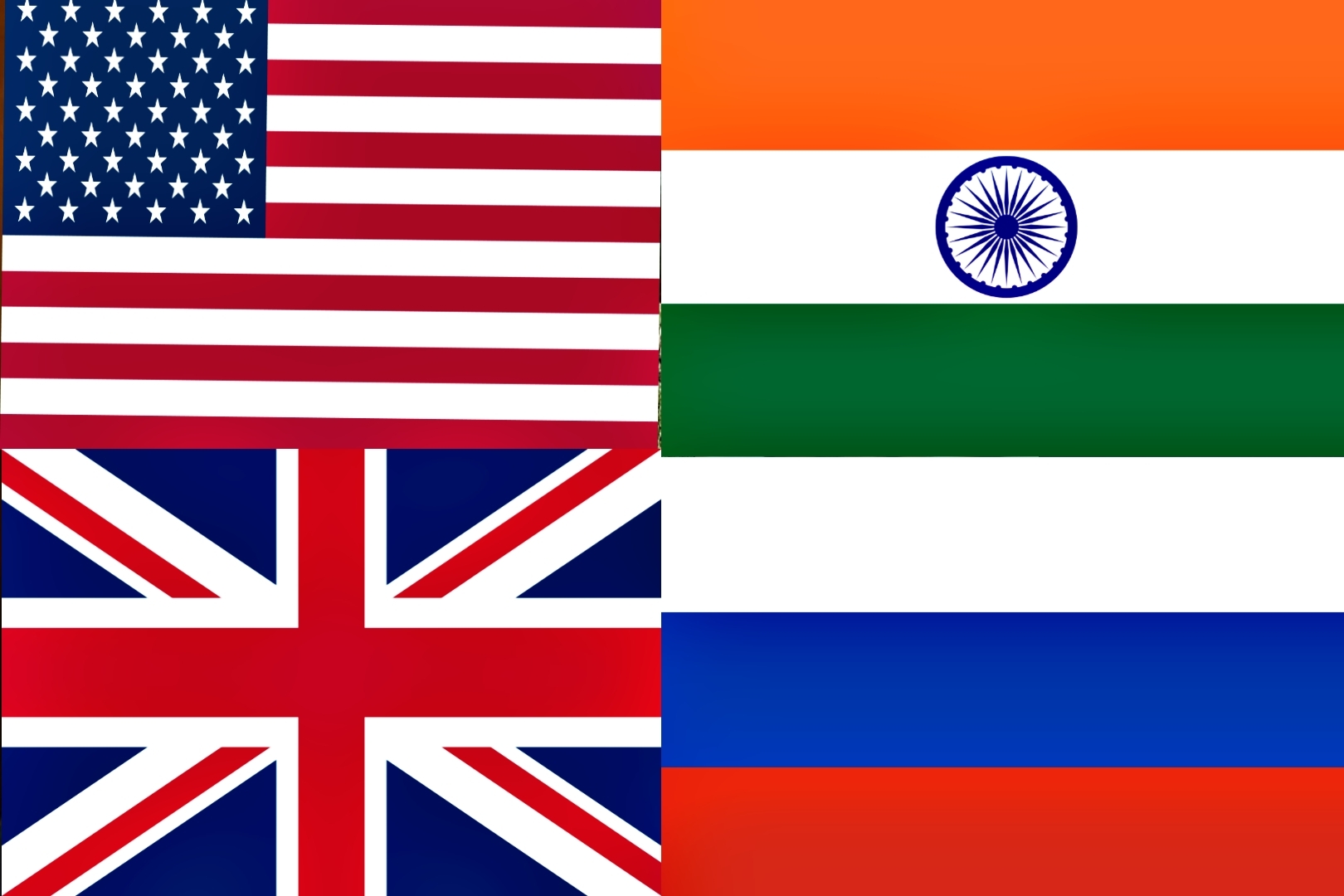The world most powerful country in the realm of international relations, power is an essential concept that shapes global politics, economics, and societal dynamics. A country’s power is determined by its economic strength, military capabilities, technological advancements, diplomatic influence, and cultural reach. The following article explores the world most powerful country in the world, analyzing the sources of their strength and their impact on the global stage.
1. United States of America (USA)

The United States is widely recognized as the most powerful country globally, maintaining unparalleled influence in virtually every sphere of international relations.
Economic Dominance
The U.S. boasts the world’s largest economy, with a GDP exceeding $25 trillion. As the global leader in technology and innovation, companies like Apple, Microsoft, and Tesla highlight the country’s economic dynamism. The U.S. dollar’s status as the primary reserve currency underpins its global economic influence.
Military Superiority
With a defense budget surpassing $800 billion annually, the U.S. has the most advanced military in the world. Its global network of military bases and cutting-edge technology enable rapid deployment and strategic dominance in any region.
Technological Leadership
The U.S. leads in key technological fields, including artificial intelligence (AI), aerospace, and biotechnology. SpaceX and NASA exemplify its leadership in space exploration.
Cultural Power
American culture, from Hollywood to Silicon Valley, dominates global media and entertainment. Additionally, the U.S. promotes ideals of democracy and freedom, enhancing its soft power globally.
2. China
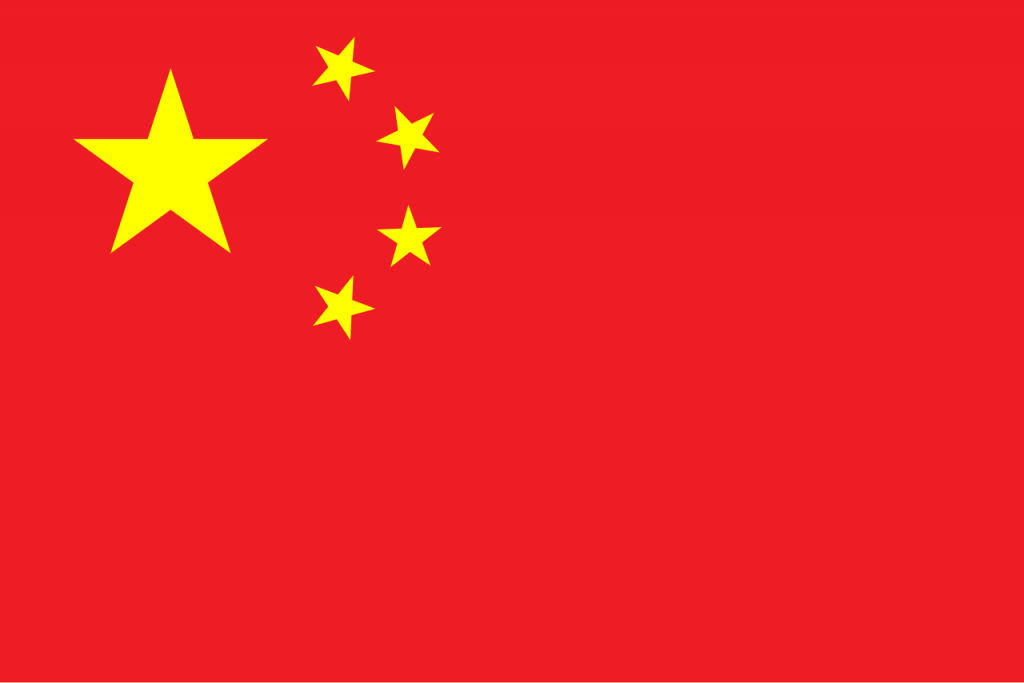
China’s meteoric rise as a global superpower has transformed the global power dynamic. It is now the primary competitor to U.S. dominance.
Economic Power
China is the second-largest economy, with a GDP of over $18 trillion. Its role as the “world’s factory” has made it integral to global trade. Initiatives like the Belt and Road Initiative (BRI) extend its economic influence across continents.
Military Modernization
The People’s Liberation Army (PLA) has undergone significant modernization, boasting the world’s largest standing army. China’s focus on naval and missile technology is evident in its growing presence in the South China Sea.
Technological Advancements
China is a global leader in 5G technology, renewable energy, and artificial intelligence. Companies like Huawei and Alibaba showcase its technological capabilities.
Cultural Influence
While China’s cultural influence is growing through initiatives like Confucius Institutes, its governance style and human rights record pose challenges to its soft power.
3. Russia
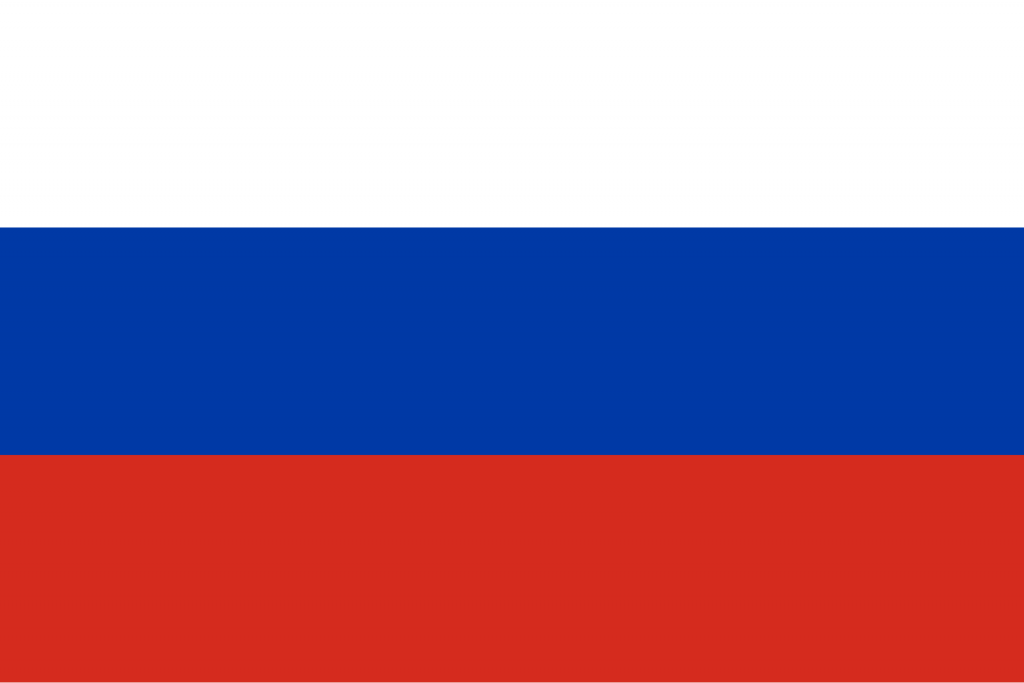
Russia continues to assert itself as a major power through its military strength, natural resources, and strategic geopolitical moves.
Military Prowess
Russia maintains the largest nuclear arsenal globally and has demonstrated its military capabilities in conflicts like Ukraine and Syria. Its advanced weapons systems, including hypersonic missiles, highlight its military innovation.
Energy Superpower
Russia is one of the largest producers of oil and natural gas, exerting considerable influence over global energy markets. Its energy exports are a critical tool in its geopolitical strategy.
Geopolitical Influence
Through alliances and its permanent seat on the United Nations Security Council, Russia plays a significant role in shaping international policies.
Cultural Legacy
Russia’s contributions to literature, music, and science are globally recognized, adding to its soft power despite political controversies.
4. India
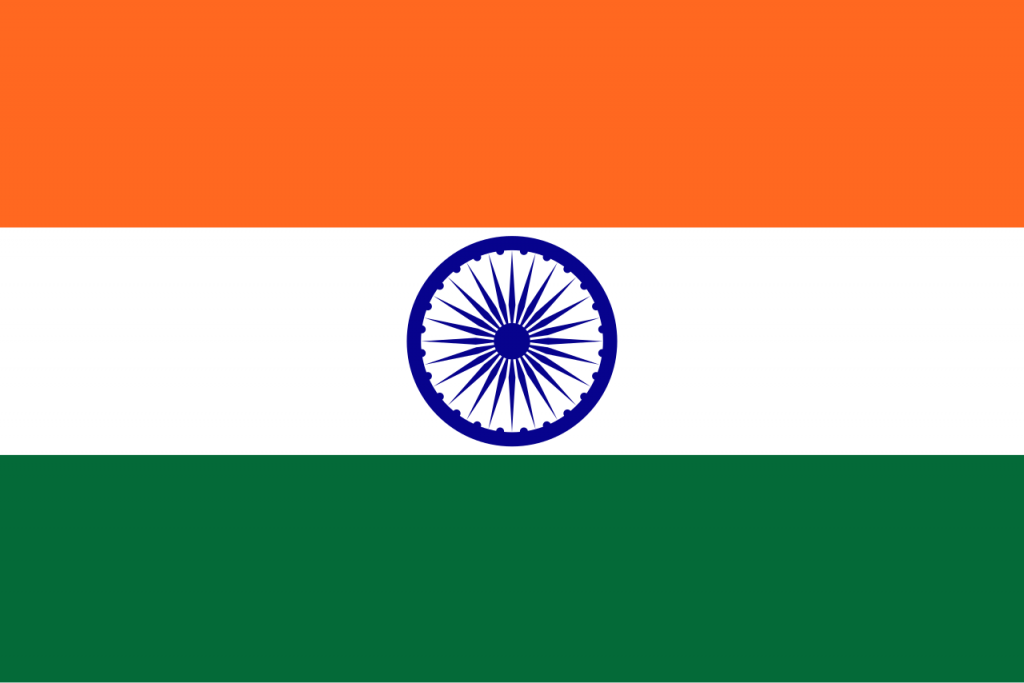
India’s rising prominence on the global stage is fueled by its economic growth, military capabilities, and cultural influence.
Economic Growth
India is the fifth-largest economy globally, with a GDP of over $3.7 trillion. Its IT and tech sectors, led by companies like Infosys and TCS, make it a global technology hub.
Military Strength
India has the world’s second-largest military by personnel and is a nuclear power. Its strategic location in South Asia enhances its geopolitical significance.
Cultural Impact
Bollywood, yoga, and Indian cuisine have a global appeal. India’s diaspora further amplifies its cultural and economic influence.
Technological Ambitions
India’s advancements in space exploration, exemplified by the Chandrayaan missions, showcase its growing scientific and technological capabilities.
5. Japan
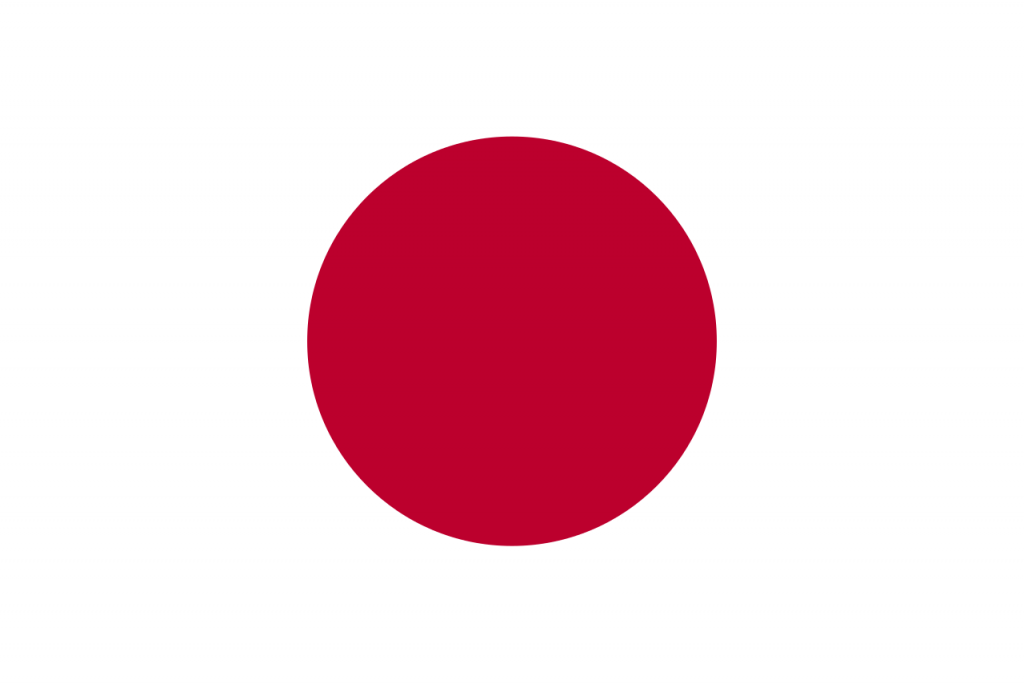
Japan combines economic might, technological innovation, and cultural influence to maintain its position as a global power.
Economic and Technological Leadership
Japan is the third-largest economy globally, known for its advanced manufacturing and technological innovations. Companies like Toyota, Sony, and Panasonic underscore its global impact.
Cultural Influence
Japanese culture, from anime and manga to traditional arts, has a unique global appeal. Its emphasis on harmony and innovation resonates worldwide.
Strategic Alliances
Japan’s alliance with the U.S. and active participation in regional organizations like ASEAN bolster its influence in the Asia-Pacific.
6. Germany
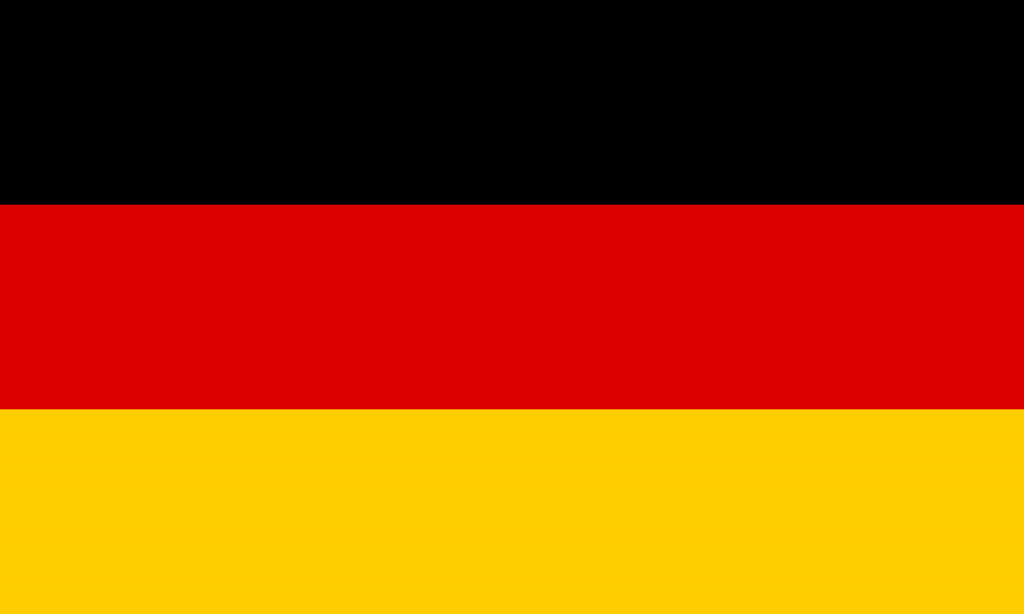
Germany is Europe’s most powerful country, known for its economic strength, industrial prowess, and diplomatic influence.
Economic Leadership
As the largest economy in Europe, Germany is a manufacturing and export powerhouse. Its automotive industry, led by companies like BMW and Volkswagen, is globally renowned.
Diplomatic Role
Germany’s commitment to multilateralism and its leadership within the European Union enhance its global influence.
Cultural and Intellectual Contributions
Germany’s rich cultural heritage and contributions to science and philosophy reinforce its global standing.
7. United Kingdom (UK)

Despite challenges like Brexit, the UK remains a powerful nation with significant economic, military, and cultural influence.
Economic Strength
The UK is a global financial hub, with London serving as a center for banking and investment.
Military and Diplomatic Power
The UK’s nuclear capabilities and its role in NATO underline its military strength. Its seat on the UN Security Council and active diplomacy enhance its global role.
Cultural Legacy
British literature, music, and institutions like the BBC and the English language contribute to its soft power.
8. France

France is a key player in global affairs, leveraging its economic, military, and cultural assets.
Military and Diplomatic Strength
France is a nuclear power with a strong military presence, particularly in Africa and the Middle East. Its permanent seat on the UN Security Council reflects its global influence.
Cultural Impact
French art, fashion, cuisine, and philosophy have a lasting global appeal. Paris remains a cultural and intellectual hub.
Economic Power
France’s diversified economy and leadership within the European Union make it a central player in global trade and diplomacy.
9. South Korea
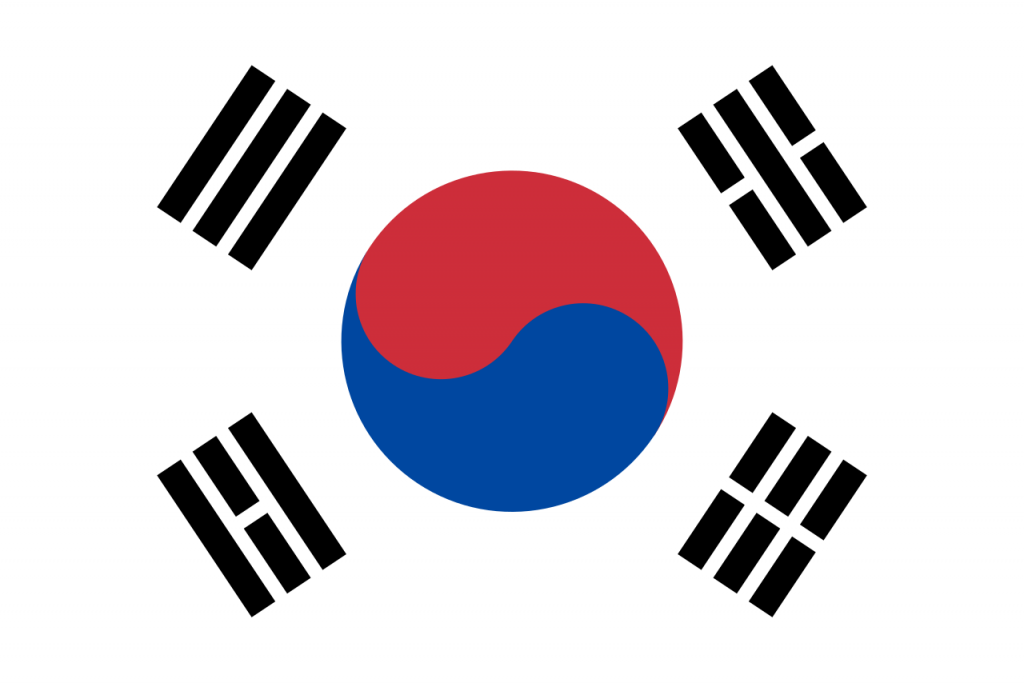
South Korea’s rapid development and technological advancements have positioned it as a global leader.
Economic and Technological Achievements
South Korea is a hub for technology and innovation, with companies like Samsung and Hyundai driving its economy.
Cultural Influence
The Korean Wave (Hallyu), encompassing K-pop, movies, and TV dramas, has garnered worldwide popularity, significantly enhancing South Korea’s soft power.
Geopolitical Role
South Korea’s strategic location and alliances, particularly with the U.S., make it a key player in East Asian security dynamics.
10. Saudi Arabia
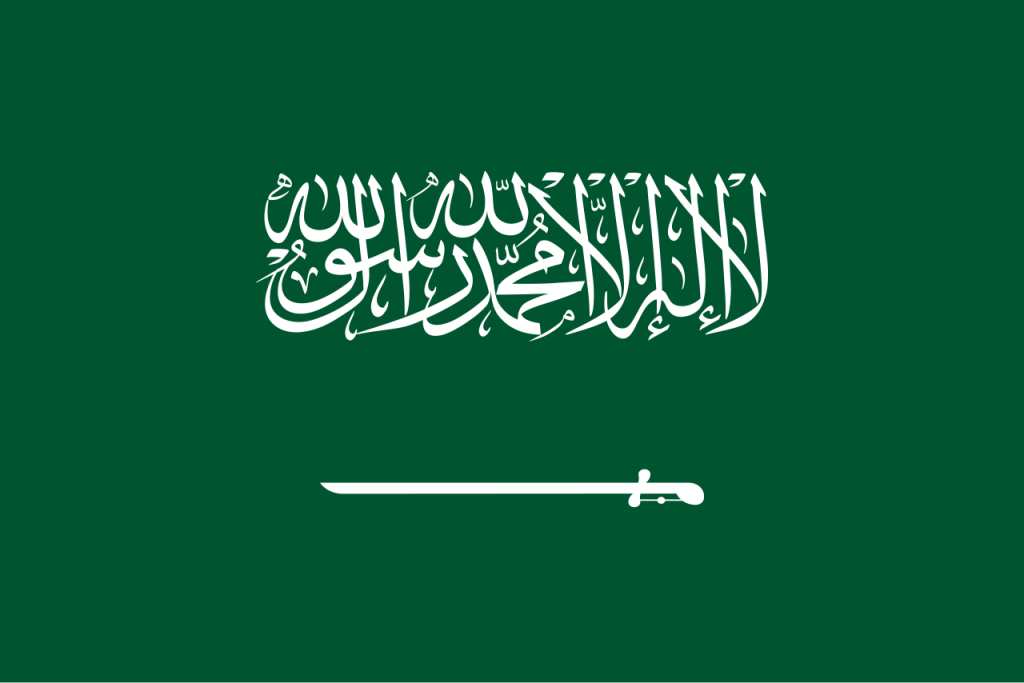
Saudi Arabia’s influence is rooted in its vast energy resources and strategic geopolitical position.
Energy Dominance
As the world’s largest oil exporter, Saudi Arabia wields considerable power in global energy markets.
Geopolitical Significance
Its leadership in the Arab world and role in organizations like OPEC underscore its strategic importance.
Economic and Social Transformation
Under Vision 2030, Saudi Arabia is diversifying its economy and investing in sectors like tourism and technology, aiming to reduce its reliance on oil.
Conclusion
The world most powerful country in the world ten countries discussed above exemplify different forms of power, from economic and military might to cultural and technological influence. While the United States, China, and Russia dominate global politics, other nations like India, Japan, and Germany contribute significantly to shaping the world order. As the global landscape evolves, the balance of power may shift, but the influence of these countries will remain pivotal in the years to come.

